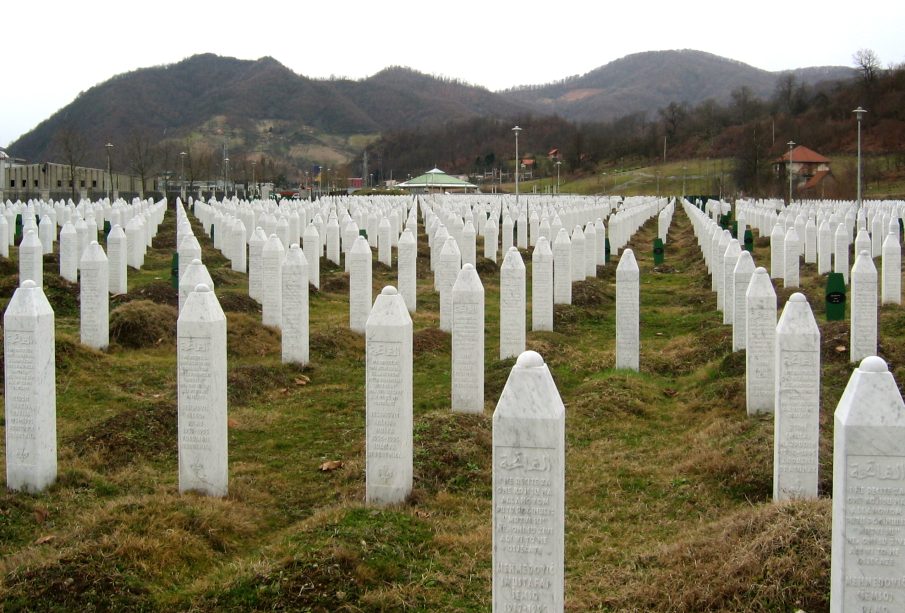The Importance of Srebrenica: A Reflection on History

Introduction
Srebrenica, a small town in Bosnia and Herzegovina, is a name synonymous with one of the darkest chapters in European history: the Srebrenica massacre of 1995. In July of that year, more than 8,000 Bosniak men and boys were systematically killed during the Bosnian War, an atrocity recognized as genocide by international courts. The events that transpired in Srebrenica hold profound significance as a reminder of the catastrophic consequences of hatred and intolerance.
The Srebrenica Massacre
The circumstances leading to the massacre involve decades of ethnic tensions, culminating in the Bosnian War (1992-1995). Srebrenica was declared a “safe area” by the United Nations; however, it was effectively left unprotected, and on July 11, 1995, Bosnian Serb forces took control. In the ensuing chaos, thousands were murdered, while many women and girls were subjected to sexual violence. This tragedy has been officially recognised as genocide by both the International Criminal Tribunal for the former Yugoslavia and the International Court of Justice.
Impact and Responses
The Srebrenica massacre triggered international outrage and led to a renewed commitment to protect human rights globally. It raised awareness about the importance of international intervention in preventing genocide and atrocities. As survivors and families of victims continue to advocate for justice, the incident has become a focal point in discussions about war crimes, and the need for accountability. Memorials and remembrance events, such as the annual Srebrenica Commemoration, have established the town as a symbol of both suffering and resilience.
Legacy and Education
In recent years, Srebrenica has become a vital case study in Holocaust and genocide education, aiming to ensure that future generations understand the importance of preventing such horrors. Various organisations and educational institutions regularly include Srebrenica in their curriculums, stressing the need for vigilant global citizenship and human rights advocacy.
Conclusion
The legacy of Srebrenica serves as a crucial reminder of the powers of hatred and ethnic division, and the importance of fostering dialogues about tolerance and understanding. As we reflect on the tragedy that occurred, we must commit ourselves to ensuring that the lessons of Srebrenica resonate globally, promoting peace and vigilance against future atrocities. The responsibility to remember lies with all of us, as the collective effort is essential to preventing history from repeating itself. By actively engaging with this past, we create a more informed and empathetic world.









